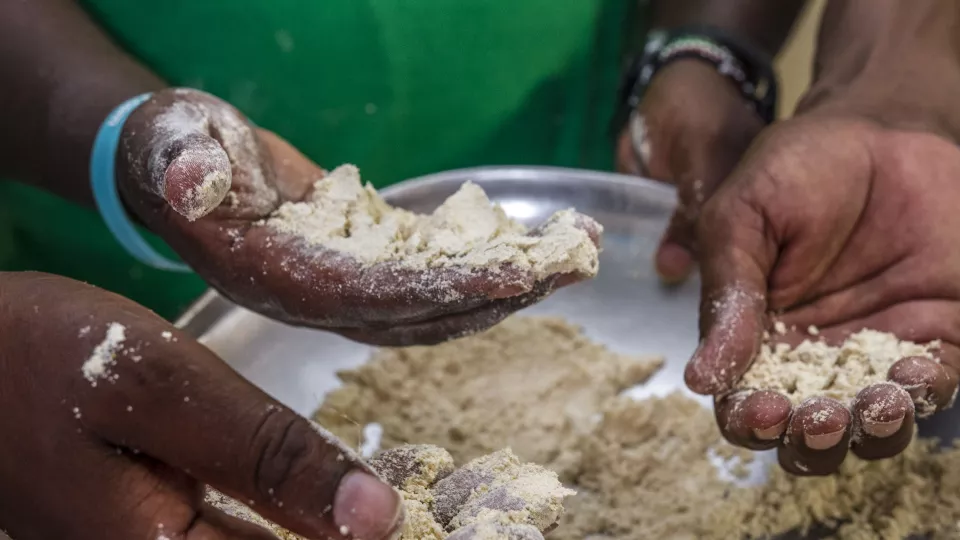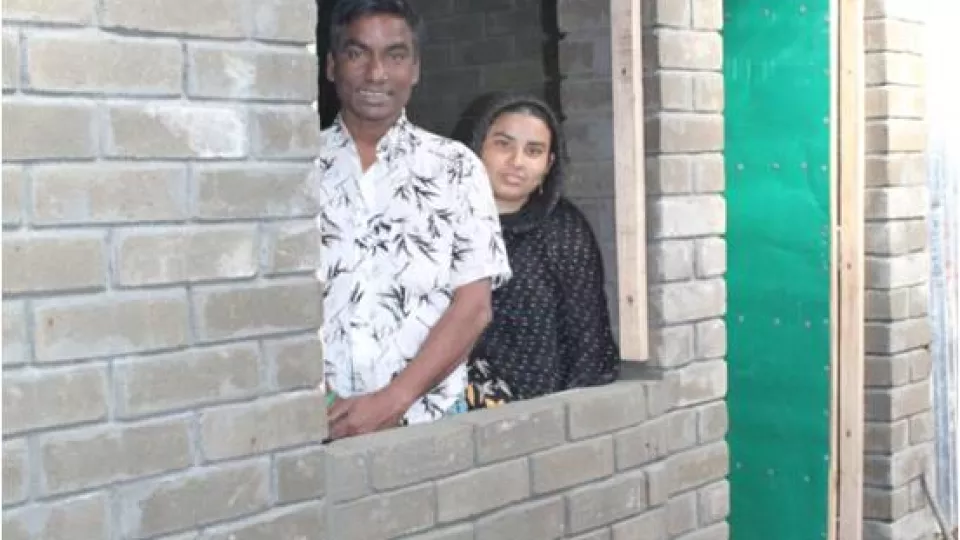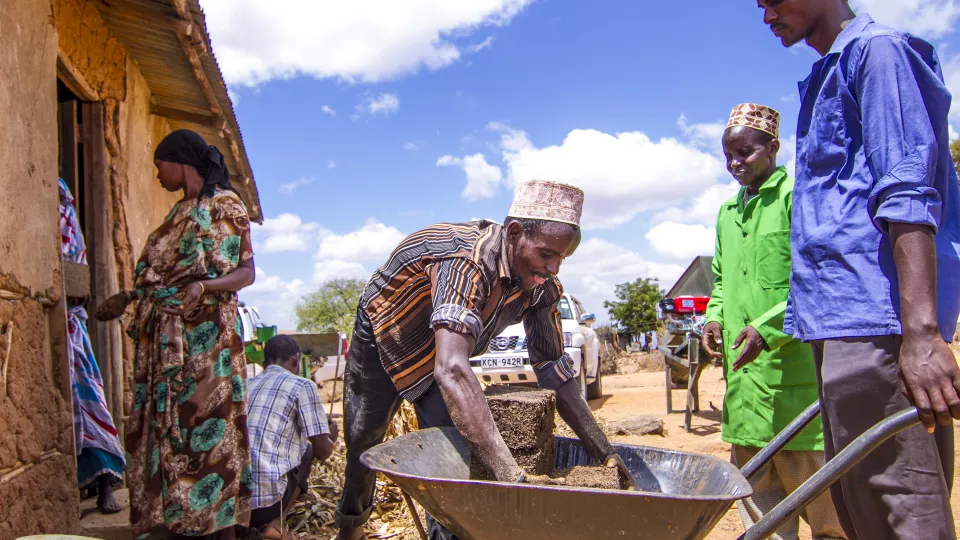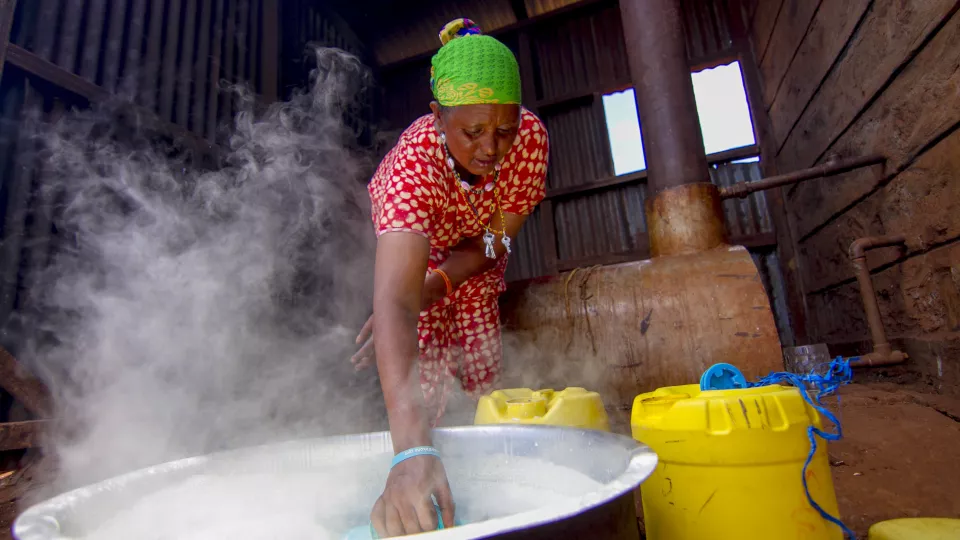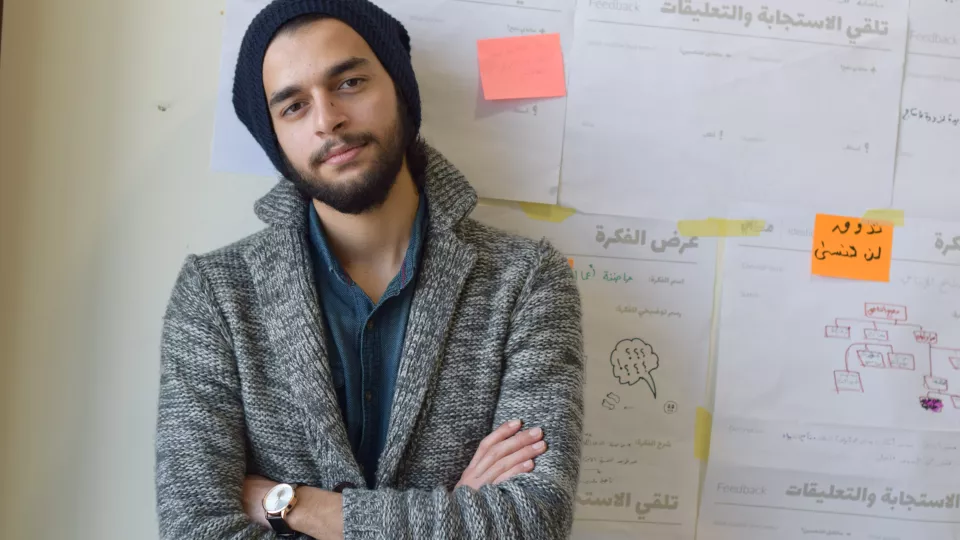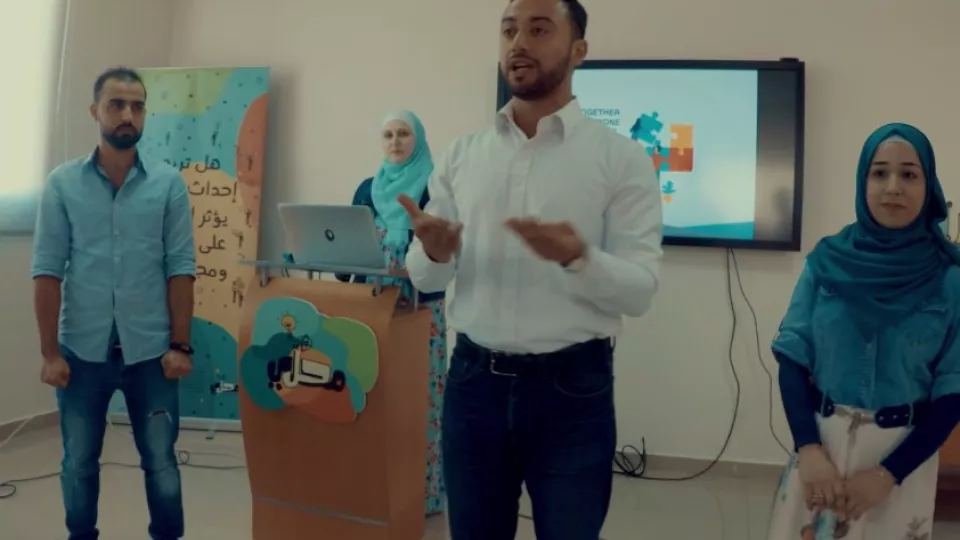
Affordable medicines for chronic conditions
Half of the 671,000 Syrian refugees living in Jordan have a family member with a chronic illness, such as diabetes or hypertension. And many are unable to access the medicine they need, because it is too expensive. Read how the Medicine Bank redirects close to end of shelf life medicines to pharmacies offering low-cost drugs to refugees in Jordan.

